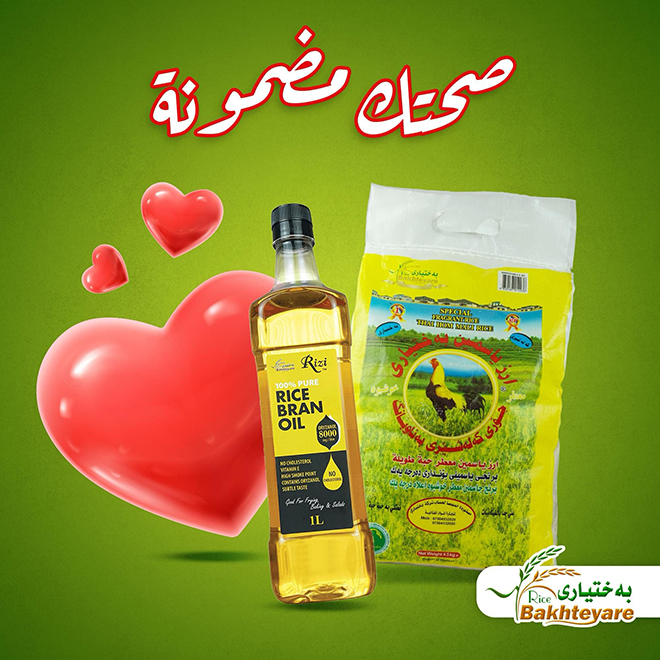Halal – definition The Arabic word halal means permissible or lawful. Halal and the opposite word haram (unlawful, forbidden) apply to all facets of life but are of particular interest here as they relate to food and more specifically meat. Halal foods meet Islamic dietary guidelines and are allowed for consumption.
If slaughtered/harvested properly, beef, lamb, goat, venison, bison, chicken, turkey, fish and shellfish can be halal meats.
Pork and alcohol are considered haram (forbidden).
To warrant a USDA Halal label, products must be prepared by federally inspected packing plans and must be handled according to Islamic law. Certification of such products requires involvement of an authorized third party.
The Halal Process
To qualify as halal, animals must be well cared for and preferably without blemish (scars or injuries). The feeding of animal by-products is prohibited. Animals should have access to drinking water until slaughtered.
Following are guidelines (zabihah) for halal slaughter.
– Slaughter may be accomplished by any Muslim who has reached puberty.
– The name of Allah must be pronounced before or as the animal is slaughtered.
– The animal’s face should be pointed toward Makkah (Mecca).
– The knife must be very sharp and the edge of the blade perfectly smooth (no nicks).
-The knife must not be sharpened in the presence of animals to be slaughtered (to avoid potentially undue stress).
– Halal slaughter involves one pass of the blade across the throat of the animal, severing the carotid arteries, jugular vein and trachea. Research (Schultz, Hanover University, Germany) indicates this process involves very little pain. Animals lose consciousness very quickly, yet the heart helps rid the body of blood.
– The animal must be allowed to bleed completely out. Blood is not halal.
In the event halal meats are not available, many Muslims believe the food of Christians and Jews (kosher) is acceptable.

